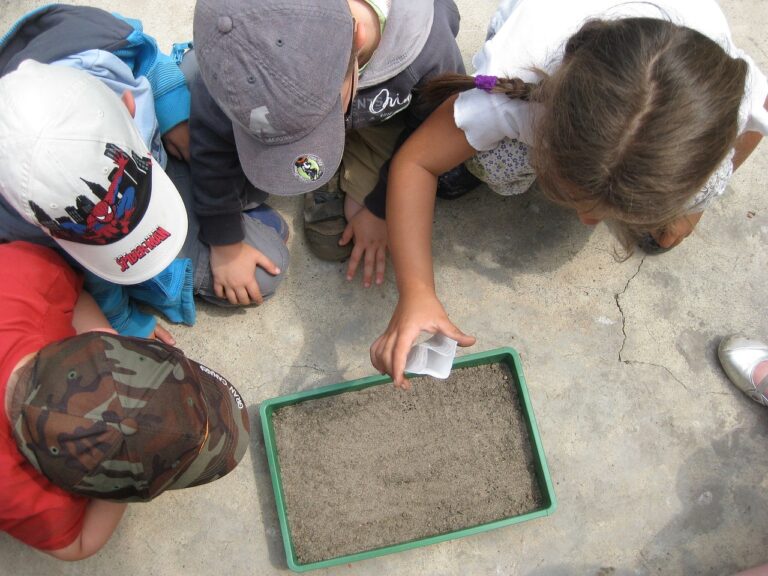The Importance of Early Childhood Education in Long-term Development
Research has shown that early childhood education plays a pivotal role in laying the groundwork for future academic success. During these formative years, children are like sponges, absorbing vast amounts of information and developing crucial cognitive skills that will serve as the building blocks for their future learning endeavors. By providing a stimulating and nurturing environment, early childhood education programs help children explore, discover, and make sense of the world around them, setting them on a trajectory towards lifelong learning.
Moreover, early childhood education instills a love for learning and fosters a curiosity that propels children to be engaged and active participants in their education. By introducing young learners to a variety of experiences, such as language development, problem-solving activities, and social interactions, early childhood education sparks their enthusiasm for learning and cultivates a growth mindset that is essential for navigating the challenges of academia. This foundation not only equips children with the necessary skills to succeed in school but also cultivates a lifelong passion for acquiring knowledge and adapting to new situations.
Early Childhood Education Enhances Social and Emotional Development
Children go through significant social and emotional development during their early years. Early childhood education plays a vital role in nurturing these aspects of a child’s growth. Through interactions with peers and teachers in a structured learning environment, children learn how to regulate their emotions, communicate effectively, and develop empathy towards others. These social and emotional skills are essential for building healthy relationships and managing conflicts later in life.
Moreover, early childhood education provides a safe and supportive setting for children to explore and understand their own feelings and the emotions of those around them. By learning to express themselves and recognize non-verbal cues, children develop a strong emotional intelligence that serves as a foundation for their future well-being. This emotional awareness not only helps children form stronger connections with others but also equips them with the resilience to cope with challenges and navigate various social situations effectively.
Early Childhood Education Fosters Critical Thinking Skills
Engaging in hands-on activities and problem-solving tasks in early childhood education settings can greatly contribute to the development of critical thinking skills in young children. By encouraging them to explore, question, and analyze information, educators are laying the groundwork for children to think critically about various situations and make informed decisions as they grow.
Furthermore, creating a stimulating learning environment that promotes curiosity and experimentation can help children develop the ability to think creatively and adaptively. Through open-ended play and guided challenges, early childhood education nurtures a child’s natural inclination to inquire, reason, and draw connections between different concepts, ultimately fostering their capacity for critical thinking in a supportive and encouraging setting.





